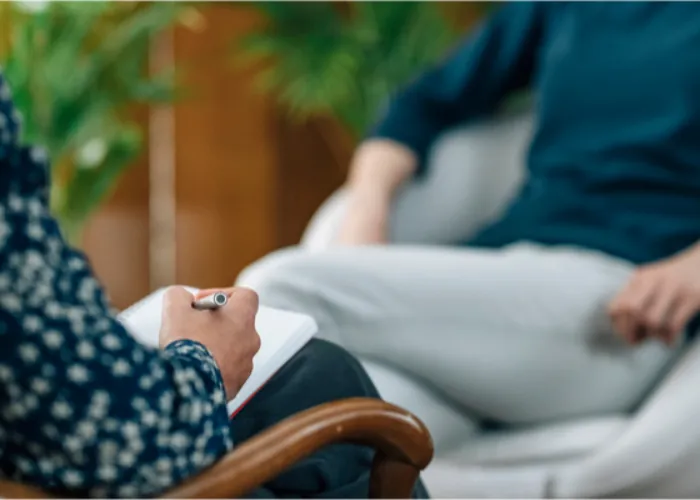- “Gratitude opens the door to more relationships. Whether you thank a stranger for holding the door or send a thank-you note to that colleague who helped you with a project, acknowledging other people’s contributions can lead to new opportunities.
- Gratitude improves physical health. Not surprisingly, grateful people are also more likely to take care of their health. They exercise more often and are more likely to attend regular check-ups, which is likely to contribute to further longevity.
- Gratitude improves psychological health. Gratitude reduces a multitude of toxic emotions, from envy and resentment to frustration and regret. Robert Emmons, a leading gratitude researcher, has conducted multiple studies on the link between gratitude and well-being. His research confirms that gratitude effectively increases happiness and reduces depression.
- Gratitude enhances empathy and reduces aggression. Grateful people are more likely to behave in a prosocial manner, even when others behave less kindly.
- Grateful people sleep better. Spend just 15 minutes jotting down a few grateful sentiments before bed, and you may sleep better and longer.
- Gratitude improves self-esteem. Rather than becoming resentful toward people who have more money or better jobs—a major factor in reduced self-esteem—grateful people are able to appreciate other people’s accomplishments.
- Gratitude increases mental strength. For years, research has shown gratitude not only reduces stress, but it may also play a significant role in overcoming trauma.”


